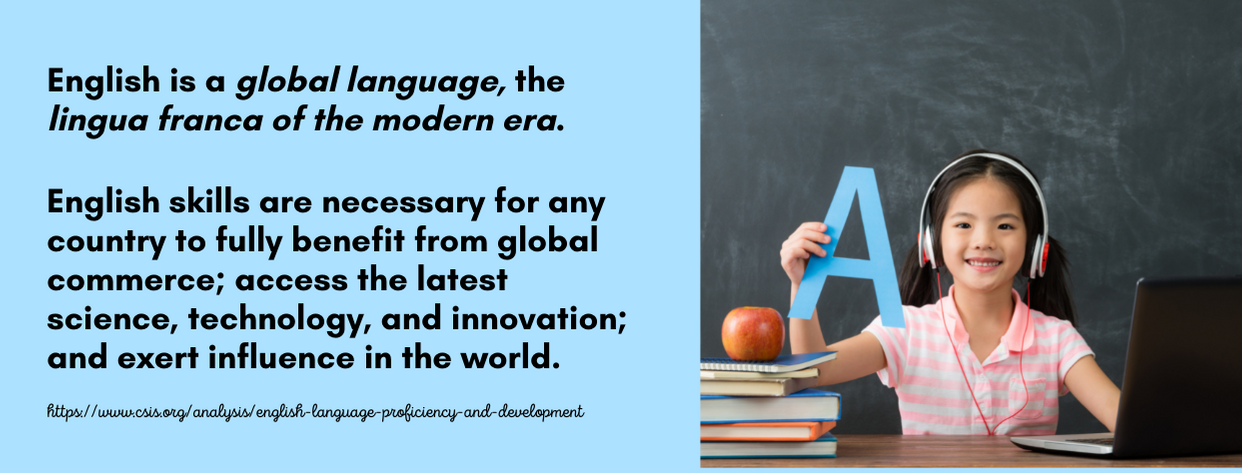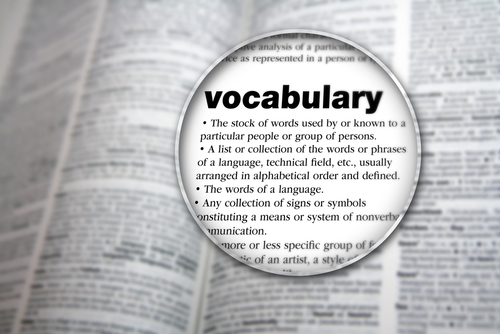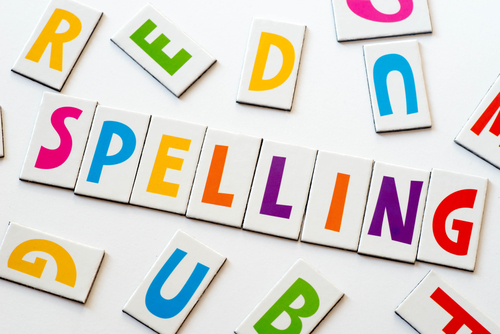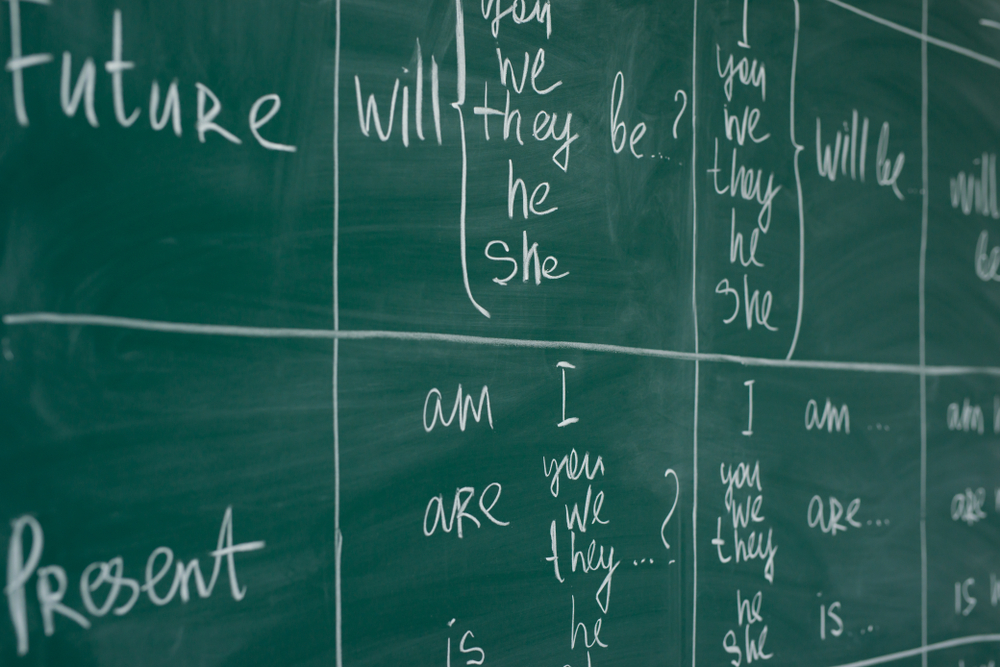Find Your Perfect Business Degree
www.business-management-degree.net is an advertising-supported site. Featured or trusted partner programs and all school search, finder, or match results are for schools that compensate us. This compensation does not influence our school rankings, resource guides, or other editorially-independent information published on this site.
Learning to read and write well in English can be challenging for any kid, but it’s even more complicated when English isn’t your first language. All kids in English-speaking countries will need to learn to be good at using English.
You need to be good at reading and writing to do well in school, and you also need to be able to tell people what you think, feel, or need every day. English isn’t just about learning new words or taking spelling tests. It’s also about communication.
When you can read well, you can understand things people have written, like instructions for building something or directions that tell you how to get where you want to go. When you can speak and write well, you can ask your teacher if you can go to the bathroom, write letters to your friends and family, or even create a petition asking to change something about your school, town, state, or country.

The Ultimate English Learning Resource Guide is an essential resource for learning English. It contains comprehensive information and strategies to help you become proficient in the language.
Vocabulary

- Infinitive Verbs: Can you match up different verbs with the people doing those actions?
- Free Rice: Pick the right definition for each word and you’ll also be helping people in need; this site gives food to hungry people for every problem you solve.
- Science and Technology Crossword: Test what you know about science and technology words by doing this crossword puzzle. There are also lots more puzzles on this site to help you learn words about other subjects.
- Vocabulary Memory Match: Play this memory game to match up the animals’ names with their pictures.
- How Strong Is Your Vocabulary? Try this timed quiz from Merriam-Webster and you might just learn some new words.
Spelling

- How Do You Spell the “J” Sound? Play this game to test what you know about spelling different words that have a “J” sound in them. Then, try out some of their other games that can help you get better at spelling.
- The Letter Thief: Take one letter away and leave another letter behind to make the word that you need. Can you help the police get to the scene of the crime and stop the thief?
- Spelling Bee: Choose a category of words, and then type in the words with the right spellings to win the game.
- Princess Presto’s Spectacular Spelling Play: Pick the right letters to help the princess spell the words she needs to put on a play.
- Attack of the Spellerz! Type the words to practice their spellings and destroy the alien ships before the Spellerz destroy your planet!
Grammar and Punctuation

- Fun Factory: Punctuation and Capitalization: Build a toy by fixing the mistakes in the sentences. Each time you get a sentence right, you’ll build a part for your toy!
- Monkey Isle: Pronouns and Determiners: Pick the right word or phrase to go into each sentence to help the monkey dig for treasure.
- Proof It! Look at each sentence and click on the mistake it contains. Then, type in the correction for the mistake.
- Jurassic Zoo: Practice using prefixes on different words and see how they change what happens in the dinosaur scenes.
Additional Resources
- Wordshake: Play this fun game to see how many words you can make out of the letters you’re given in three minutes.
- English Quiz: How much do you know about grammar and vocabulary, and what is your reading level? You can take this test to find out.
- Present-Tense Verbs: Pick the right verb or verbs to fill in the blanks in every sentence, and then check your answers to see how you did.
- Knoword: If you’re ready to take your vocabulary to the next level, try playing this game, which gives you the definitions of words and asks you to type in the words that match them.
- Monkey Mayhem: Easily Confused Words: Practice telling the difference between easily confused words like “their,” “they’re,” and “there” to give the monkey a banana.
Things to Consider
What type of resources are best for learning English?
- Online Courses – A great option for people looking to learn or improve their English, online courses offer interactive lessons, interactive tools, and a variety of resources to help you learn the language.
- English Language Learning Apps – There are many language learning apps available now that are designed to help you learn English. These apps offer interactive lessons and activities for different levels of learners.
- Online Communities – Joining online communities is a great way to practice your English with others who share the same interests and goals. You can ask questions, get feedback on your writing, and practice speaking with native speakers.
- Television and Movies – Watching television shows and movies is an effective way to pick up new vocabulary and learn how native speakers use the language.
- Reading – Reading is one of the best ways to improve your English and increase your vocabulary. You can read through books, magazines, or web content in English to understand and learn new words.
Are international students who do not know English encouraged to enroll in U.S.-based universities?
Yes, many universities encourage international students who do not know English to enroll in their programs. Most universities provide English language programs and services that are specifically designed to help international students achieve fluency in English and excel in their university studies. These services may include placement tests, language classes, tutoring, seminars, and more.
What is the college English placement test for those whose first language is not English?
The college English placement test for non-native English speakers is usually a standardized test, such as the Test of English as a Foreign Language (TOEFL), or the International English Language Testing System (IELTS). The test is designed to assess a student’s level of English proficiency and assign them to the appropriate English-language course.
